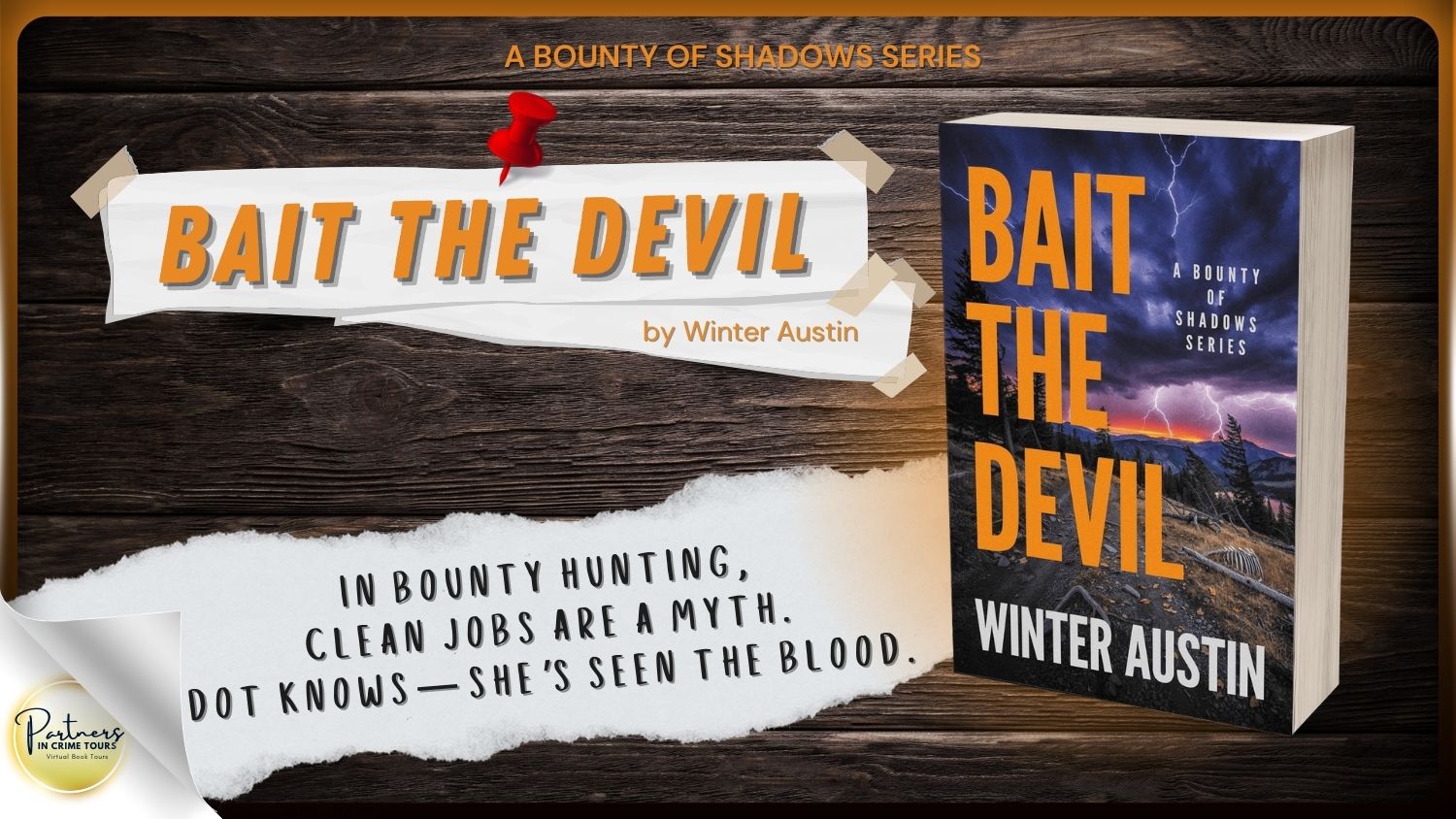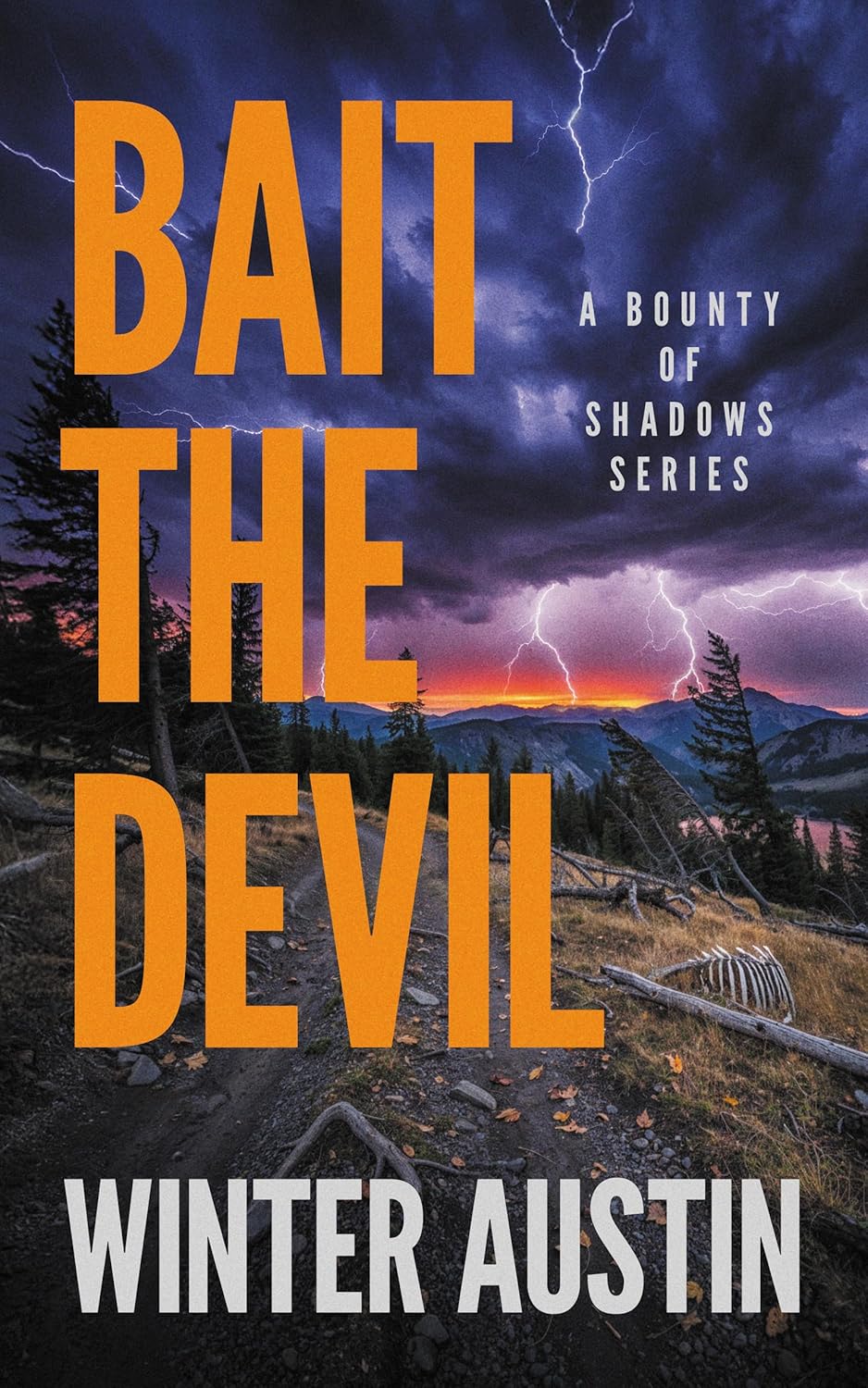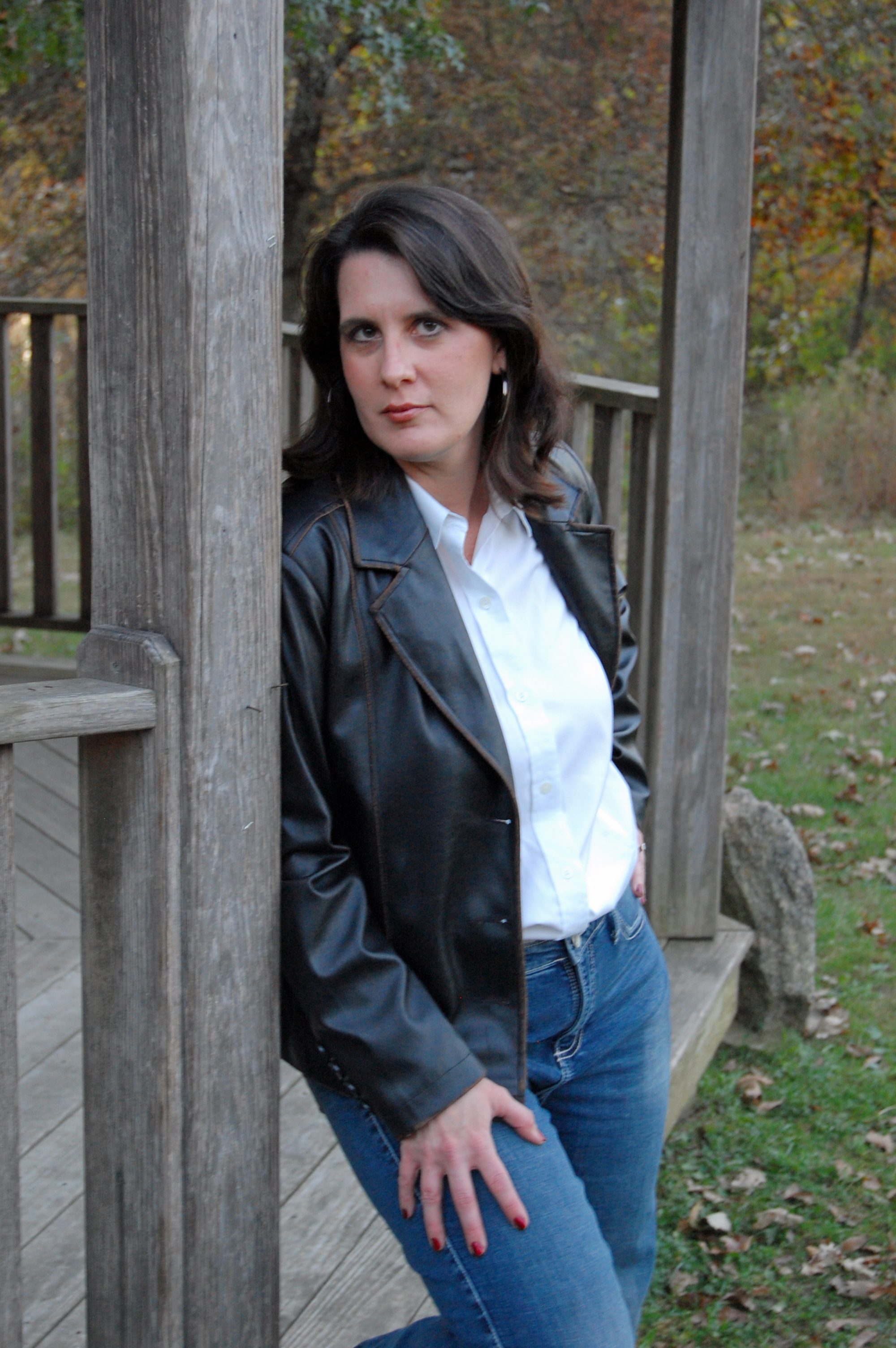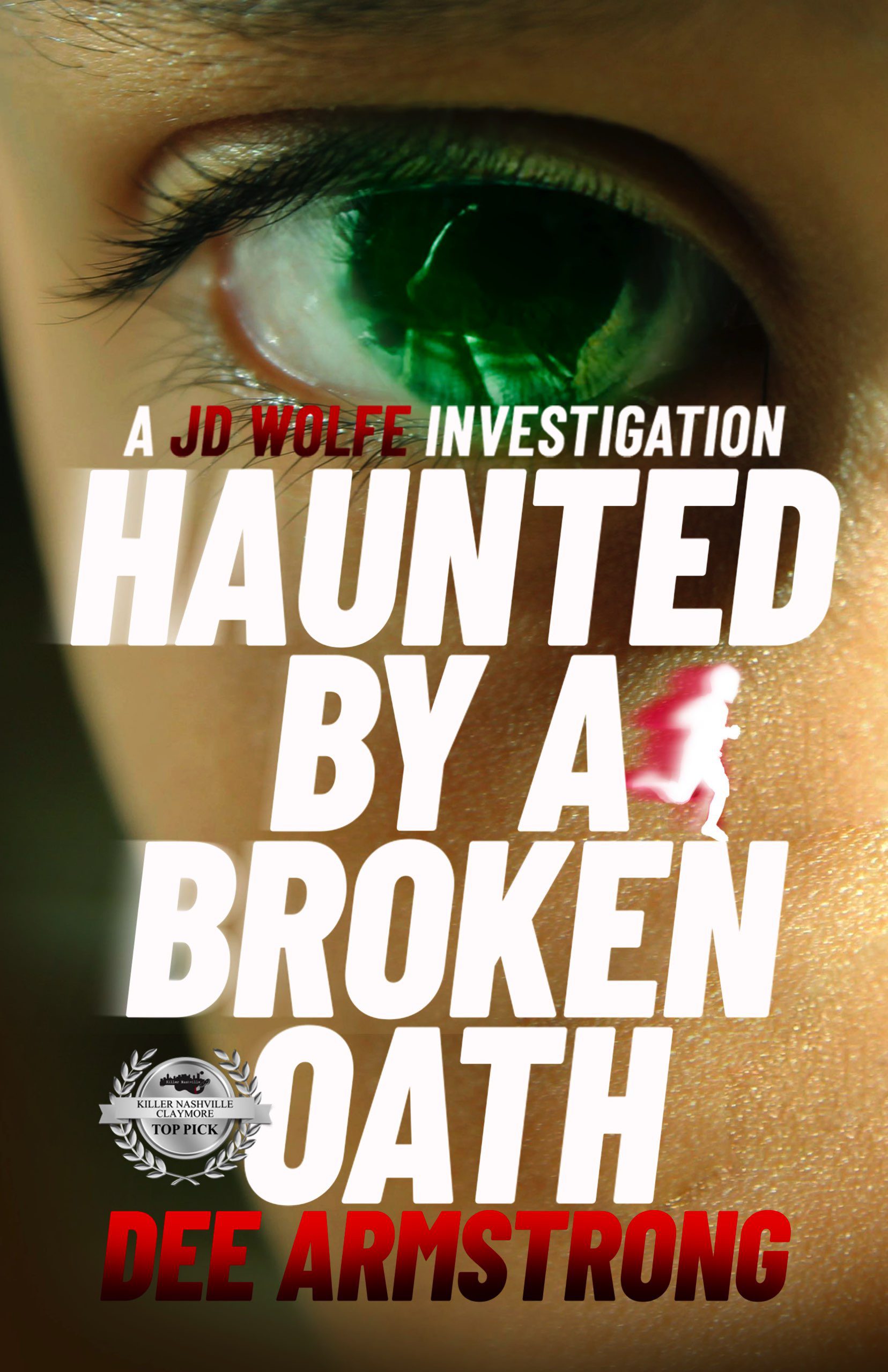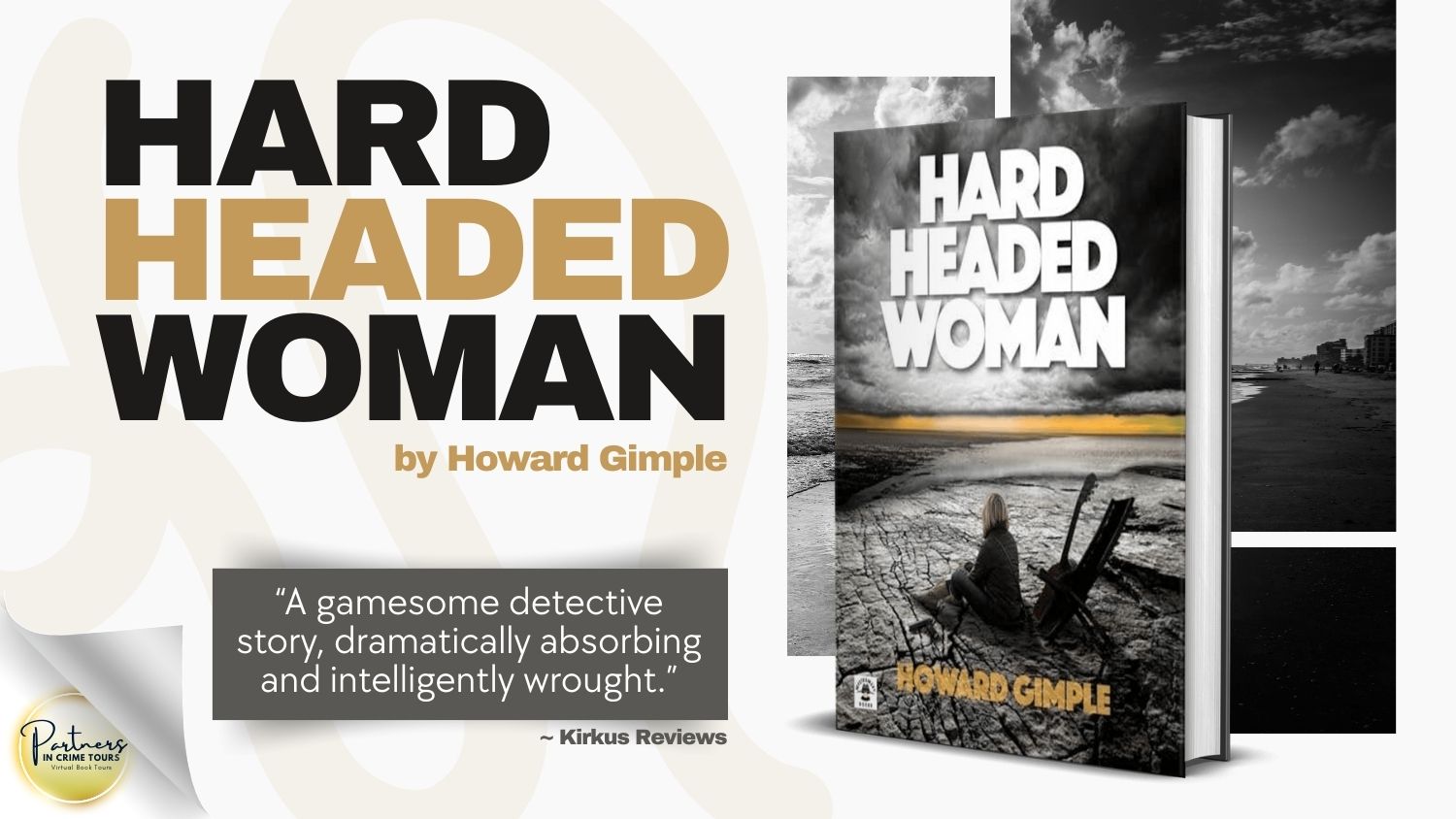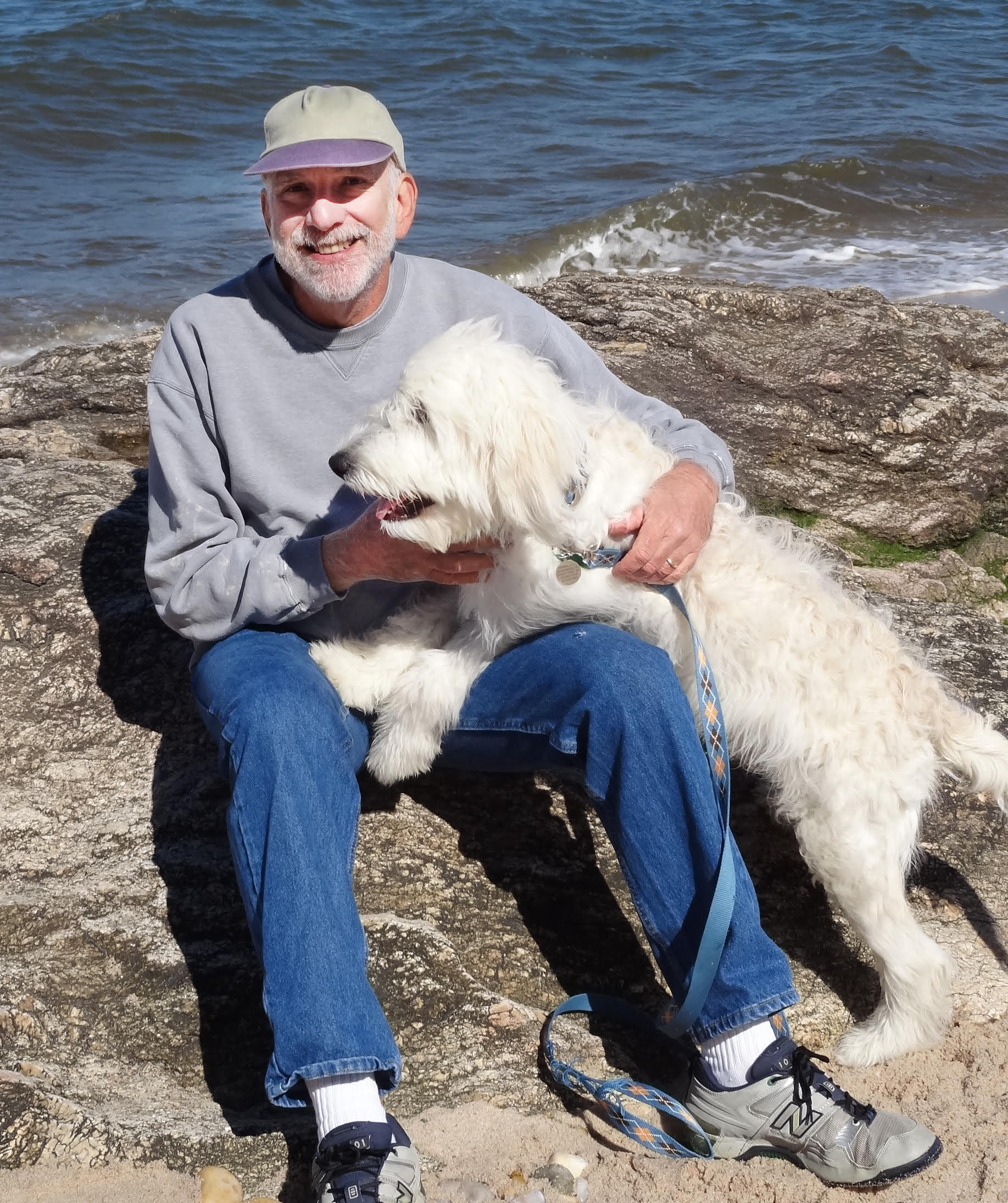There are two kinds of comeback preparations. The normal kind is where fans clear their schedule, charge the lightsticks, rehearse lyrics and prepare their vocal chords anticipating all the screaming that’s to come.
And, then there’s the Bangtan kind:
In this case, ARMYs end up accidentally reading advanced psychology at 1:30 AM on a week day, because they managed to catch the title of a book that Yoongi was reading in ‘In the soop’; and now their brain won’t shut up till they finish reading all the reference material they can find on the topic after finishing the book itself!!!
At this point, Boraland is less about “waiting for music” and more like unwittingly getting a literature degree taught by seven asian men with colour coded microphones. If the recent hints, installations, and that suspiciously philosophical ‘What is your love song?’ prompt are anything to go by, we are probably not getting a simple romance era. Nothing is ever that simple in Boraland. We are getting a thinking about love era. Which means the only logical to prepare for the upcoming album drop is… reading.
I am comparatively new to the fandom & as such I haven’t caught up with ALL the BTS content that is out there. But, the lovely lady at Asian Entertainment & Culture has made this informative video on Youtube with the 3 books that she thinks may have their influence in ARIRANG.
But here are some of the books that I know for sure has influenced their music in the previous eras. So, if you did not know or have not read these books yet, let get ‘Namjooning’ folks!
1) Jung’s Map of the Soul by Murray Stein
I have to list this book first because that is how I realised that BTS draws inspiration from literature. They named and framed a whole album by drawing from Carl Jung via Murray Stein’s Jung’s Map of the Soul. They have worked in Carl Jung’s theories on human personalities and introduces the audience to the persona, shadow, and ego. Mixed with their personal experiences, the album is basically psychology 101 through music. Brush up your psychology and enjoy the music in depth by reading ‘Jung’s Map of the Soul’2) Into the Magic Shop by Dr. James R. Doty
You have seen this book doing the rounds everywhere. Whether its booktok or bookstagram or the internet in general, people have been hyped this book everywhere. The book talks about mindfulness, compassion, brain-heart connection, and personal transformation. BTS took the basic concept of the book and produced ‘Magic Shop’ - a place for respite and recharging when you are having tough time in your life. Learn how to live a better life while understanding what Jungkook means when he says ‘So show me’ by reading ‘Into the Magic Shop’3) Demian by Hermann Hesse
I picked up this book because I got curious about it after watching ‘Blood, Sweat & Tears’ music video. The music video is heavily inspired by the book. Besides that, BTS in their WINGS era talks about the basic themes covered in the book. Temptation, guilt, desire, and self-recognition all appear as necessary steps toward maturity. Youth becomes the stage where identity fractures and reforms.4) The Ones Who Walk Away from Omelas by Ursula K. Le Guin
I’ll be honest here, I did not catch the ‘Omelas’ reference when I watched ‘Spring Day’ music video. I only realised the connection when I happened to read the story at work. Le Guin’s short story presents a perfect society sustained by one child’s suffering. Happiness exists in that world only because people agree not to confront its cost. The video highlights the Sewol Ferry tragedy from 2014 - cost humanity paid that day. You can read the short story here: https://shsdavisapes.pbworks.com/f/Omelas.pdf
5) Pied Piper of Hamelin
I think it is safe to say that we all know this German folklore. BTS uses the story of Pied Piper to, for the lack of a better word, ROAST their fans. RM shows up rapping at us to go study hard, but Yoongi claims he is just testing us and J-hope gives up any pretence and declares ‘I am your guilty pleasure’. The vocal line only adds to the allure with their voices. And yes, we are following the BTS tune all the way…6) Almond by Sohn Won-Pyung
Both Yoongi and RM were seen reading this book during ‘In the Soop’ season 1 and I have no doubt in my mind that if not the source, this book at least worked as reference material for Yoongi to write ‘Amygdala’ - a song that can either trigger or heal you, depending on where you are in your healing journey. Almond is a YA book that explores the life of a protagonist who has an underdeveloped amygdala—the brain's emotional center. It is a must read! Get it HERE.7) The Owl Service by Alan Garner
In the book, characters are stuck in a never-ending cycle. Sounds familiar with respect to BTS? Yes, their ‘Bangtain Universe’. You’ll find hidden references and familiar themes from the book in ‘You Never Walk Alone’ album. Get your copy HERE.8 & 9) Kafka on the Shore & 1Q84 by Haruki Murakami
The song ‘Butterfly’ left me in tears. You can only truly feel the song if you have ever experienced a certain situation in your life. The lyrics and Jimin’s voice makes it unforgettable for me. However, I only found out later that the lyrics were inspired by this book.Have you heard their hidden track “Sea”? The lyrics have a direct quote from the book that says - “Wherever there’s hope, there’s a trial.”
I am yet to read these myself (maybe I should get to it before the comeback) and so I was hesitating to put them on this list. But, Murakami is a must read for all bibliophiles anyway. So, go pick up your copy of Kafka on the Shore or 1Q84
So, now go pick up atleast ONE of these books...
(So that Namjoon doesn't have to shave your eyebrows off)
Ofcourse you can act like a normal fan and wait for teasers and photo drops till 20th March. Then watch the Netflix livestream on 21st March.
OR you can do what this group has trained us to do: read books, theorise and bring a notebook to the album drop because it is BTS… It is always a reading assignment of sorts.





